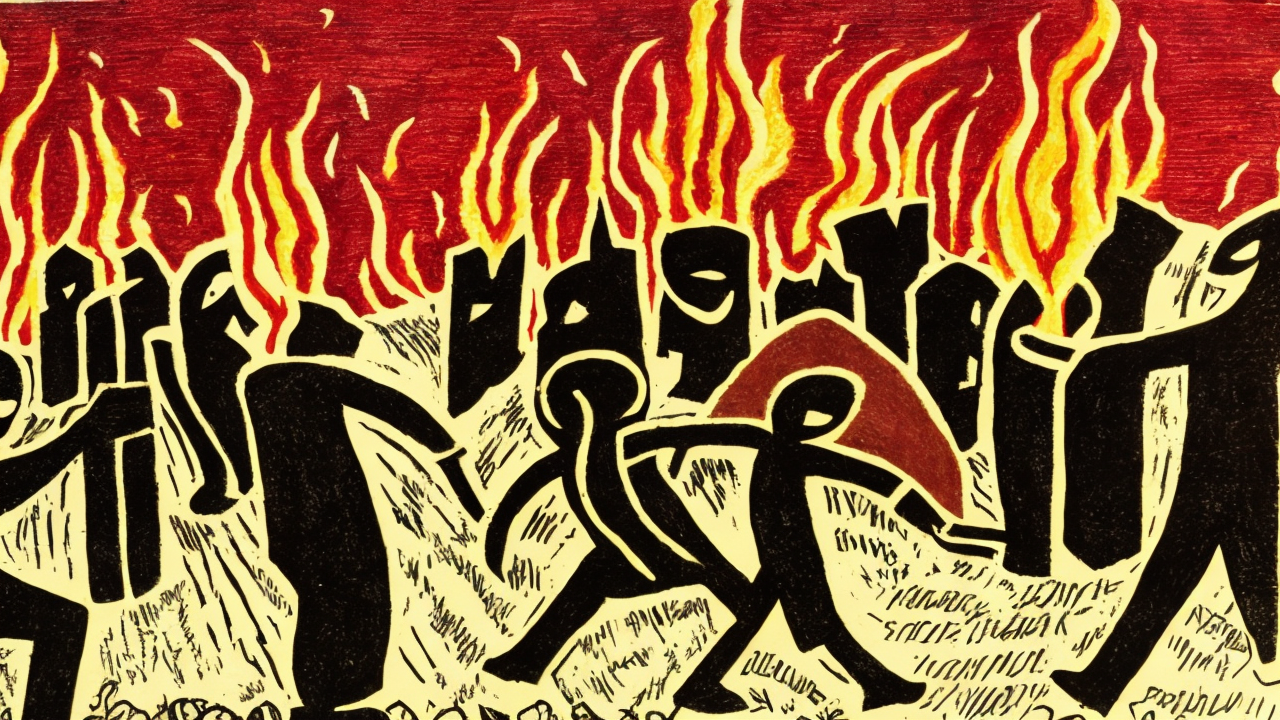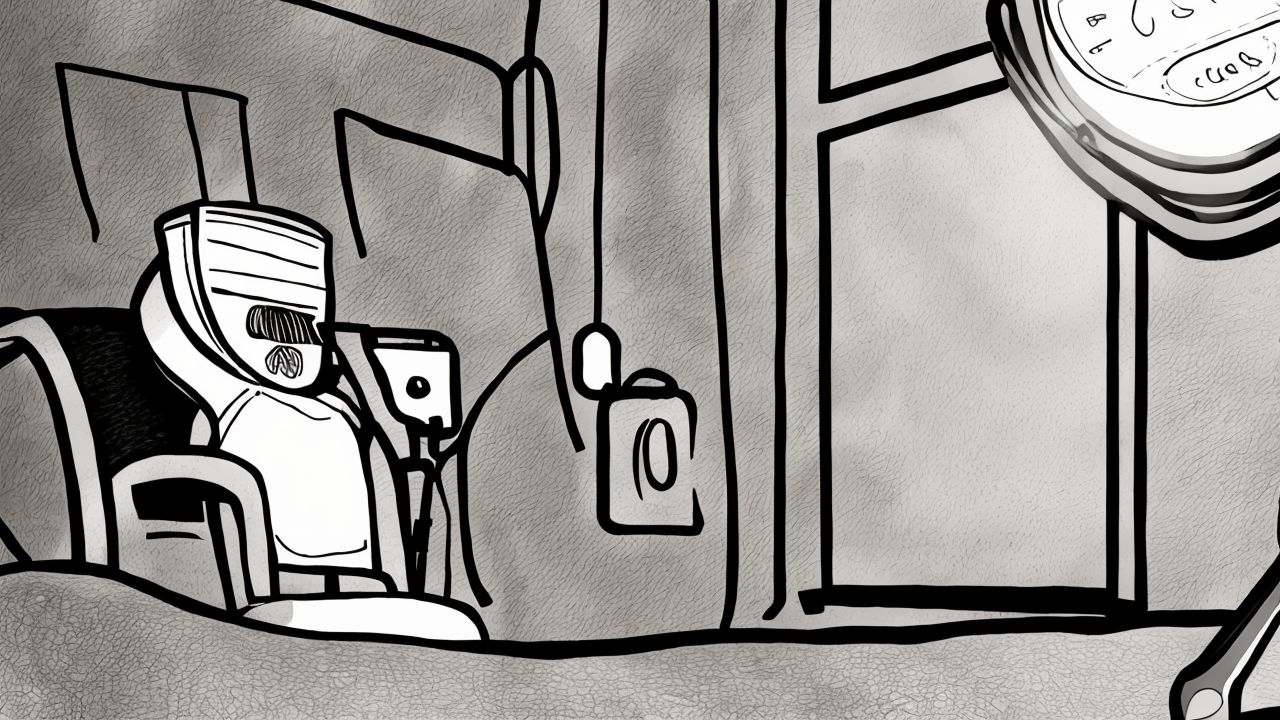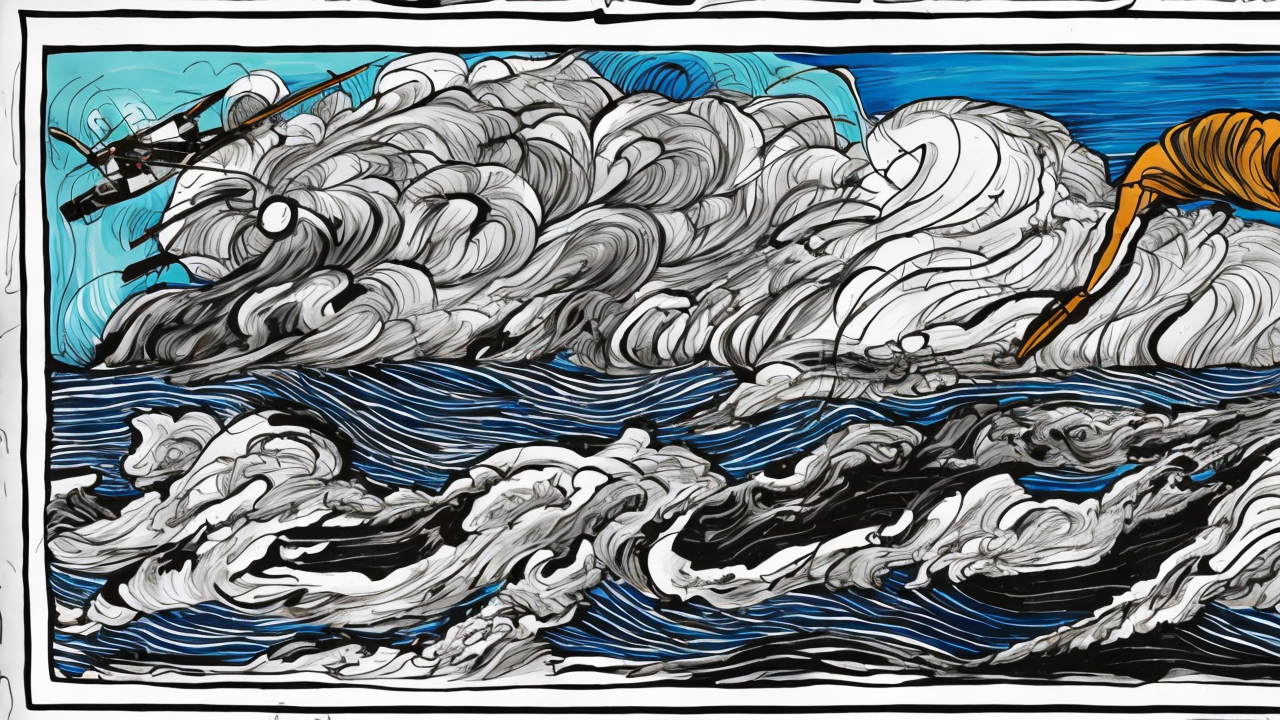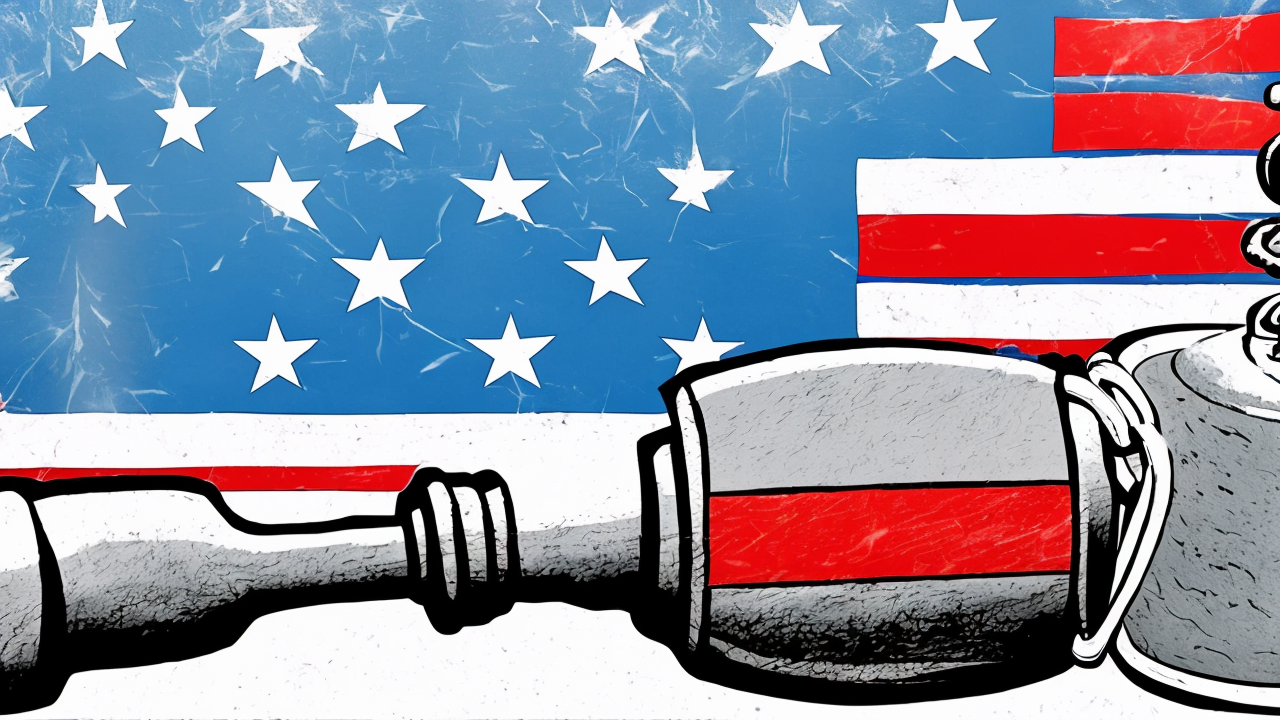Hurricane Melissa Set to Devastate Jamaica and Cuba

Hurricane Melissa, a Category 5 storm with sustained winds of 160 mph, is now on a direct path toward southern Jamaica, marking one of the most intense tropical systems to threaten the Caribbean in over a century. With projections of up to 40 inches of rainfall in some regions, the risk of catastrophic flooding and mudslides is already high. The storm’s powerful winds, combined with a dangerous storm surge, threaten to overwhelm coastal communities, particularly in Kingston, where infrastructure may struggle under the strain. This is not just a weather event—it is a moment that calls for clarity, responsibility, and readiness.
Jamaica, home to over three million people, has long faced the challenges of natural hazards. The island’s geography, population density, and development patterns make it especially vulnerable. While modern forecasting tools provide earlier warnings, the true test lies in how communities prepare and respond. The storm’s arrival underscores a recurring truth: no society is immune to nature’s power, and the strength of a nation is often measured not by its wealth, but by its ability to protect its people when disaster strikes.
Melissa is expected to continue into the western Caribbean, with Cuba facing the possibility of one of its most severe storms on record. The Bahamas, Hispaniola, and Bermuda may also feel the storm’s outer bands, though the most intense impacts remain focused on Jamaica and Cuba. Fortunately, the United States has been spared direct landfall this time. Still, this reprieve should not breed complacency. The fact that 2025 has already seen three Category 5 hurricanes—Erin, Humberto, and Melissa—signals a pattern that cannot be ignored. The last time such a season occurred was in 2005, a year etched in memory for its destructive storms.
This is not the time for political posturing or ideological distractions. It is a time for clear thinking, sound planning, and practical action. The idea that extreme weather events are solely the result of human activity or climate policy is not only oversimplified but distracts from the real work at hand: building resilient communities. Whether in the Caribbean or in vulnerable regions across the globe, preparedness is not a luxury—it is a necessity. It requires strong infrastructure, reliable communication systems, trained personnel, and community-level readiness.
Faith, tradition, and shared responsibility have long played a role in how people respond to hardship. In times of crisis, neighbors help neighbors, churches open shelters, and local leaders step forward. These values are not outdated—they are essential. They remind us that true strength comes not from government mandates or sweeping reforms, but from the quiet dignity of preparation and mutual care.
We must also recognize that not all regions have equal access to the resources needed to weather such storms. The disparities in infrastructure, economic stability, and emergency response capacity are real and deeply rooted. Addressing them is not about political ideology but about justice and compassion. When we invest in resilient roads, secure buildings, and dependable power grids, we are not just protecting property—we are protecting lives.
The United States, despite being spared this time, must remain vigilant. Disaster preparedness is not a seasonal concern. It is a year-round commitment. This means reinforcing coastal defenses, upgrading early warning systems, and supporting local governments in their planning efforts. It means ensuring that emergency supplies are available and that evacuation routes are clear and well-maintained.
In the end, Hurricane Melissa is a reminder of the fragility of life and the importance of foresight. It challenges us to act with wisdom, to plan with purpose, and to care for one another with genuine concern. The storms will come. The world will change. But our response—grounded in responsibility, faith, and practical action—can make all the difference.
Published: 10/27/2025








